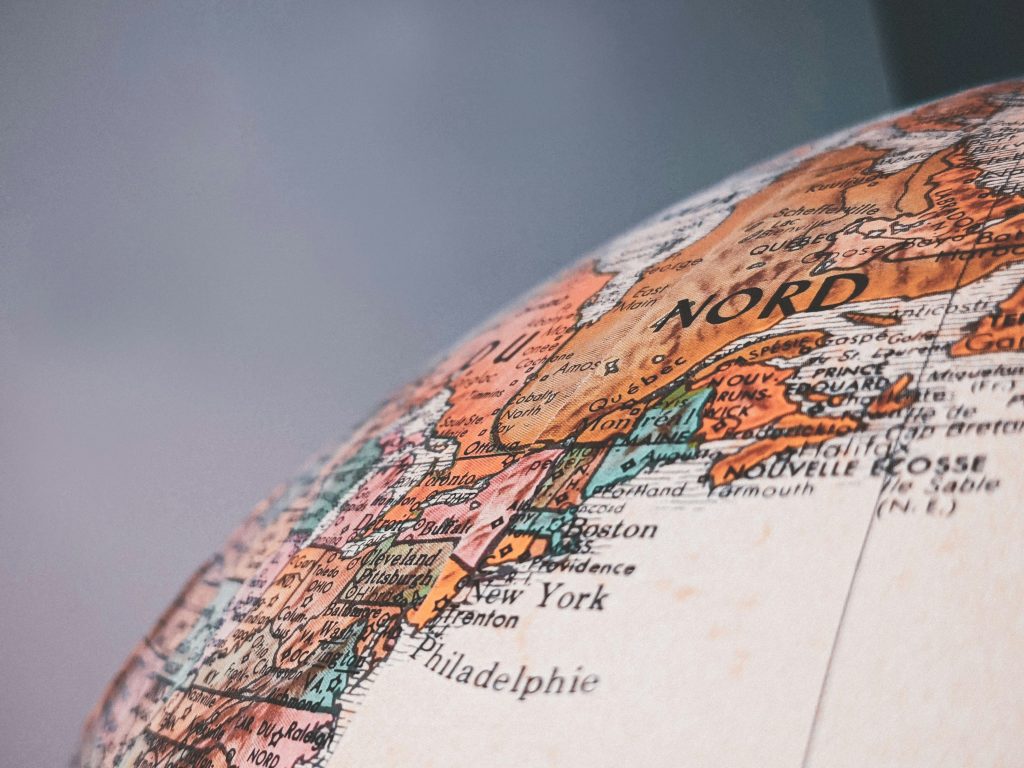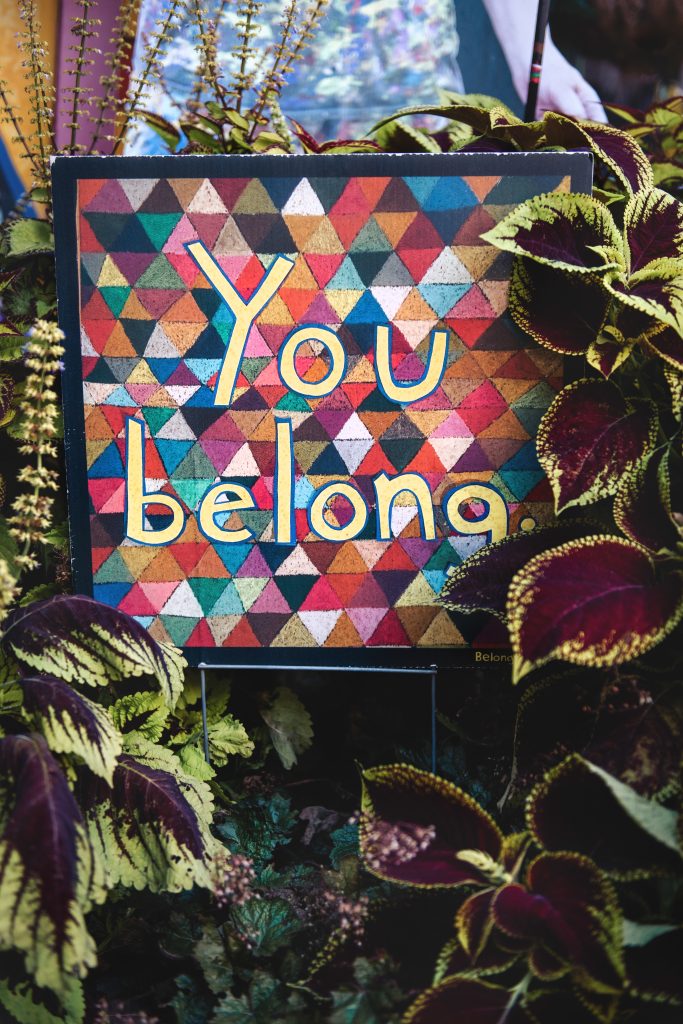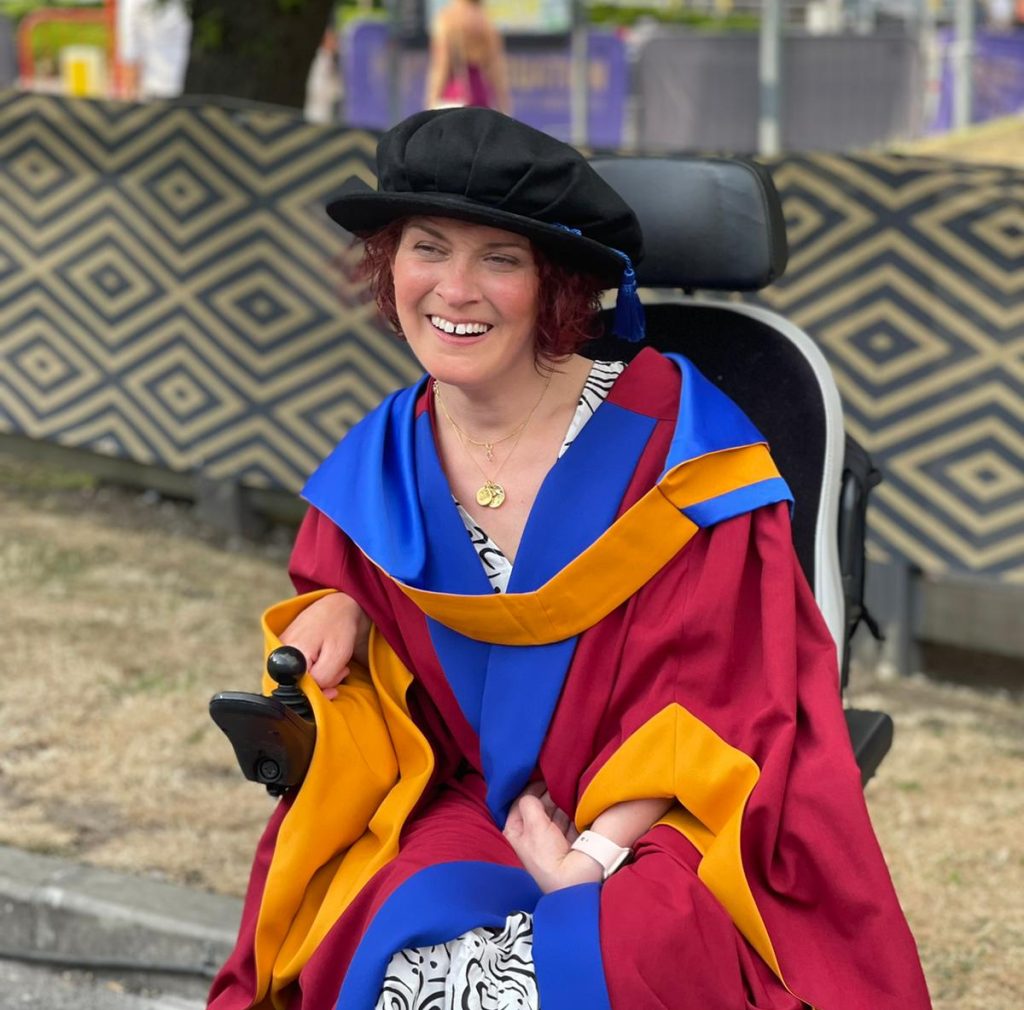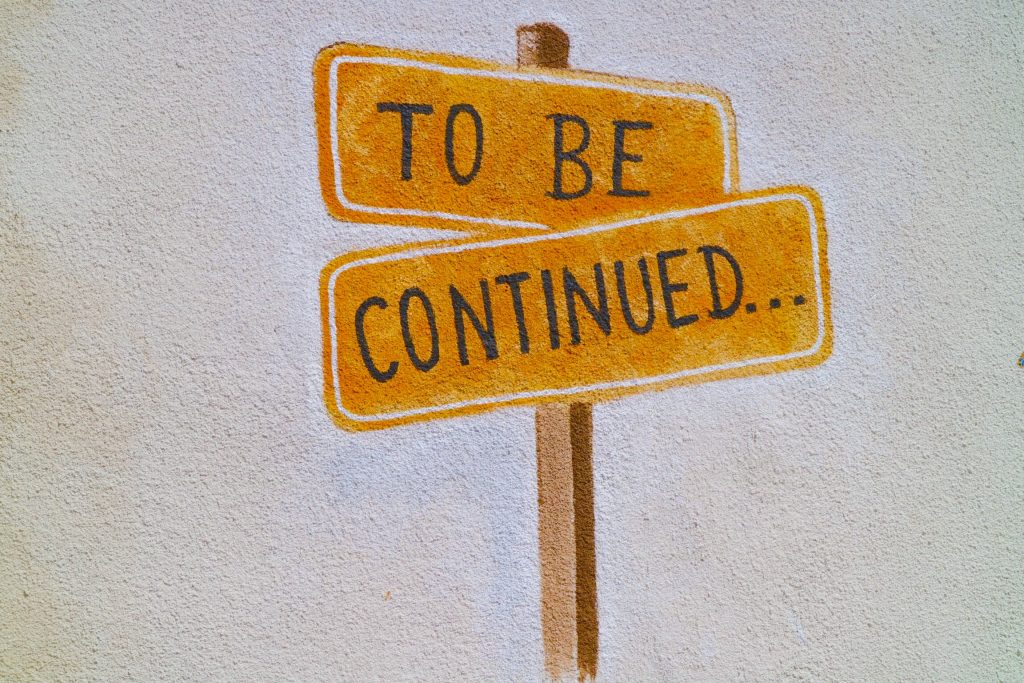Last week I watched the BBC’s documentary ‘A world without Dwarfism’ presented by five-time gold Paralympic winner Ellie Simmonds, who has Achondroplasia.
The documentary investigates a controversial new drug called Vosoritide that aims to treat some of the medical symptoms of Achondroplasia, however some people argue that it has been developed to eradicate the disability.
In the documentary Ellie, who was brought up to have a positive self-image and accepts and celebrates Achondroplasia as part of who she is, presents the questions of how much society should change for disabled people or how much disabled people should change themselves.
Vosoritide is licensed in the US but still under clinical trials here in the UK . The drug is injected daily to growing children and can give them a straighter spine and legs which can help to avoid various surgeries and lessen pain that is often experienced due to stress on joints.
Ellie travels around the UK and US to meet families involved in the drug trial and others who feel treatment would have positively impacted their lives, as well as their identity.
I was rather shocked to see that parents of average height were keen for their children to be injected every day so that they were not seen to be different. This was more apparent in the US where people have to pay out of their own pockets or raise funds to pay for the drug.
The documentary featured a family who had a huge fundraiser for their son Aman to have the treatment. The fundraising event showed many people who think that there should be a cure for Dwarfism because they see it as a problem. I find this really sad; why do people want to cure disability when there are diseases like cancer that have a far more harmful impact?
Ellie spoke to Aman and he explained that he wanted to normalise his body in order to fit in with his peers and have more opportunities in life.
Contrary to this view, campaigners Leah and Jo gave their views on a podcast in the US. They cut straight to the point by remarking that disabled people are not ‘suffering’ and we need a reframing of disability. They were of the opinion that the people who are developing Vosoritide see Dwarfism as a problem that needs to be fixed .
Whilst Ellie reflects on her own lived experience of having Dwarfism, she tackles controversial questions about the relationship between science and disability. This controversy highlights the medical model of disability whereby disability is regarded as a ‘personal tragedy’ and places the problems of disability and therefore the ‘solution’ at an individual level.
The programme highlights how much people avoid difference and a lack of acceptance of individuality because of their fear of the unknown. Ultimately this comes down to people’s perception of disability and how comfortable they feel with who they are.
Like Ellie I was brought by non-disabled parents who accepted me for who I am. Despite experiencing some prejudice, I’m comfortable with having cerebral palsy and for me it is just part of who I am.
However, I can understand why others may not be as comfortable with their disability as I am because of the way they are perceived and therefore treated. Ellie interviewed a fellow Paralympian Will Perry. Like many, Perry who also has Achondroplasia, has regularly suffered abuse when in public because of the way he is perceived as being different. He speaks with passion, rage and misery about the prejudice he has encountered and actually admits that he would choose to swap his life for a “normal” one.
Those of you who regularly read my blog will be aware that the acceptance and inclusion of disabled people has come with huge amounts of work for the disabled community to establish their rights, freedoms and identity.
I can see why there are such conflicting views about Vosoritide. Whilst I recognise the benefits it could bring from a medical perspective, I’m concerned that it encourages children with Achondroplasia and their parents to think there is something wrong with them that needs to be fixed.
I can also entirely understand why parents want to protect their children from the implicit bias that disabled people face. However I strongly believe that the lived experience of disability adds to the world’s diversity and that people should be educated and encouraged to accept and embrace difference, rather than seek to eradicate it. For me it is society’s perceptions and attitudes that need to change, not disabled people themselves.
Photo by Louis Reed on Unsplash









